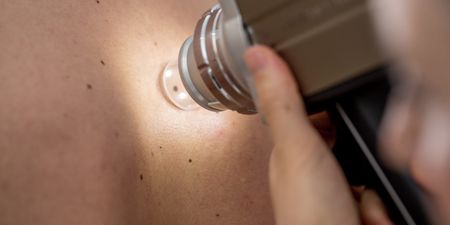While some of us have heard of autism, a lot of mystery still surrounds the complex condition which is believed to affect 1 in 100 children in Ireland.
Next Thursday, April 2nd marks World Autism Day.
So what do you need to know about the condition?
What is autism?
Autism is a neurological condition that is usually diagnosed in the first year of life.
Autism is a range of complex disorders including:
- Severe communication difficulties
- Difficulty in social relationships
- Repetitive activities and routines
- An obsessive narrow range of interest
What symptoms should you look out for with autism?
As autism is usually diagnosed within the first 18 months, parents are told to be vigilant for any changes in their baby’s responses.
According to the Irish Society for Autism, early symptoms to watch out for include:
- Feeding problems including poor sucking
- Unresponsive with no desire to held or cuddled
- Constant crying, or an unusual absence of crying
- Disinterest in people or surroundings
- Repetitive movements, such as hand flapping, prolonged rocking and spinning
- Obsessive interest in certain toys
- Insistence on being left alone
- Insistence on keeping an environment unchanged
- Sleeping problems
If you are concerned your child has autism, you should immediately book an appointment with your GP for testing.
What characteristics can you expect in a child with autism?
Children diagnosed with autism will be placed on a spectrum. The autism spectrum looks at how little or highly affected a child is by the condition.
The intensity of how the condition affects a child will depend on how they present, but not all children will be affected by the same side effects.
Common behaviours associated with autism include:
- Speech difficulties
- Withdrawn, apathetic and unresponsive to people or surroundings
- Unusual interest in inanimate objects
- Hyperactivity
- Difficulties settling or sleeping
What are your next steps?
Although autism can be challenging, children faced with the condition can successfully integrate in education and with families with the right support.
For more information on autism, education rights and entitlements, visit the Irish Society for Autism here, or book an appointment with your doctor.



















































